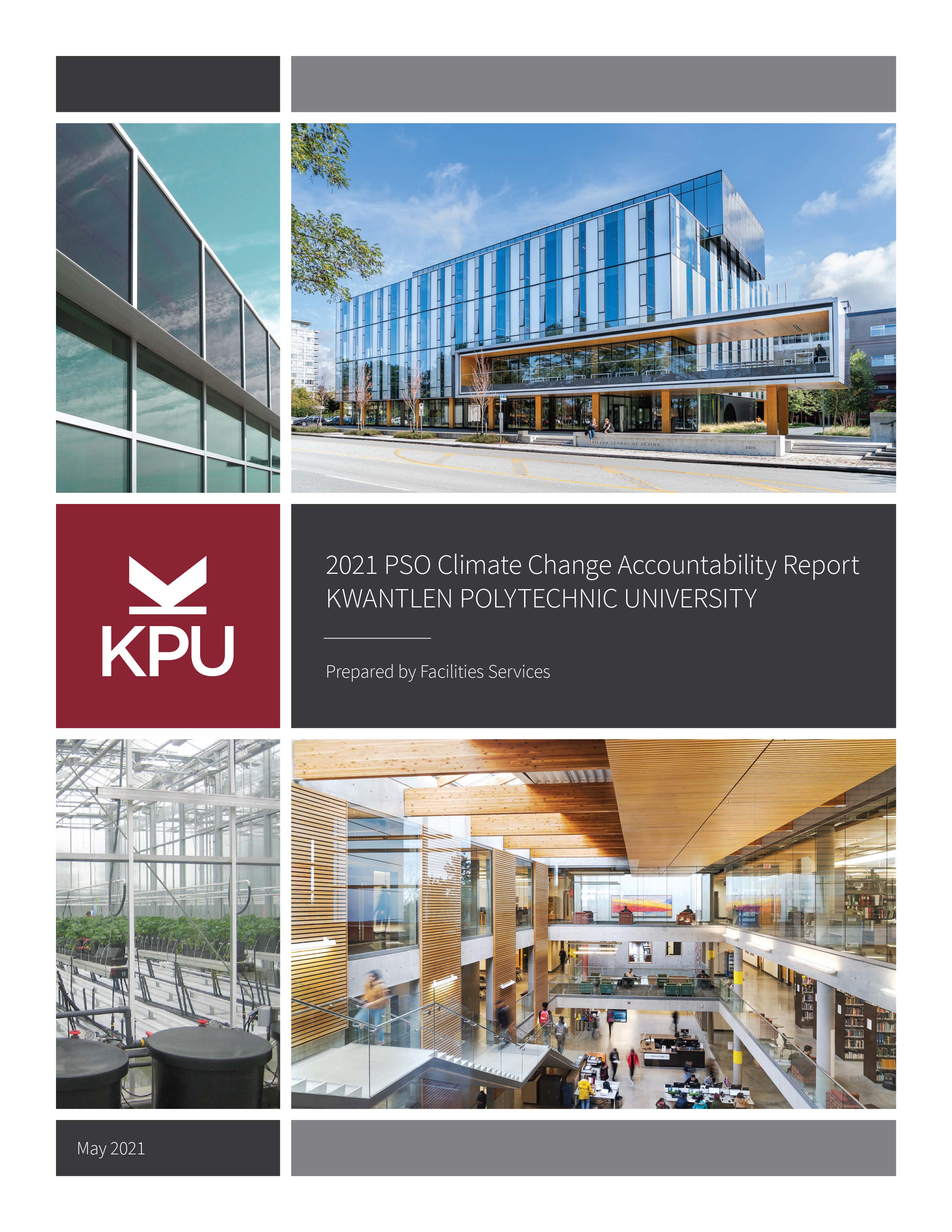Overview
The “Climate Change Accountability Act” makes greenhouse gas reductions a legal requirement with the following key elements:
Sets greenhouse gas reduction targets for greenhouse gas emissions reductions that are required by 2030, by 2040 and by 2050.
Requires public sector organizations to be carbon neutral for the 2010 calendar year and for each subsequent calendar year.
The base year that will be used to measure progress in achieving the greenhouse gas reduction targets is 2007.
Climate Change Accountability Act – Targets
by 2030 and for each subsequent calendar year, BC greenhouse gas emissions will be at least 40% less than the level of those emissions in 2007.
by 2040 and for each subsequent calendar year, BC greenhouse gas emissions will be at least 60% less than the level of those emissions in 2007.
by 2050 and for each subsequent calendar year, BC greenhouse gas emissions will be at least 80% less than the level of those emissions in 2007.
Carbon Reporting - SMARTTool
Carbon reporting is performed by uploading our consumption information to an internet website "SMARTTool" which records consumption of energy and related consumables which are associated with Greenhouse gas emissions.
SMARTTool then calculates Kwantlen's carbon emissions which must be offset by purchasing carbon offsets. The purchase of these carbon offsets is defined as a transaction charge currently valued at $25 per tonne of C02e and will apply to emissions for 2010 and onward.
Carbon Offsets
A carbon offset represents a reduction in greenhouse gas emissions generated by activities such as improving energy efficiency that can be used to balance emissions from another source. Carbon offsets under this program up to 2014 were purchased from the Pacific Carbon Trust. As of 2015 Carbon offsets are purchased from the province.
PSO Climate Change Accountability Report (CCAR), (Formerly, Carbon Neutral Action Report)
Another key aspect of reducing carbon emissions is the mandatory government requirement for public sector organizations to submit annual reports on actions taken and new initiatives planned to reduce carbon emission.
(See current and past reports: 2008, 2009, 2010, 2011, 2012, 2013, 2014, 2015, 2016, 2017, 2018, 2019, 2021, 2022, 2023)
